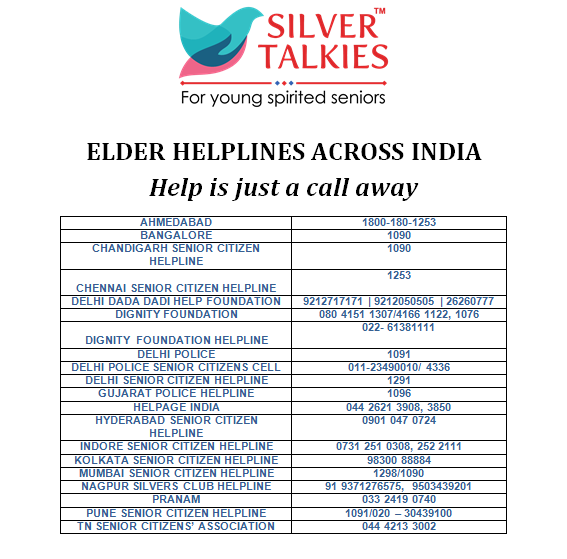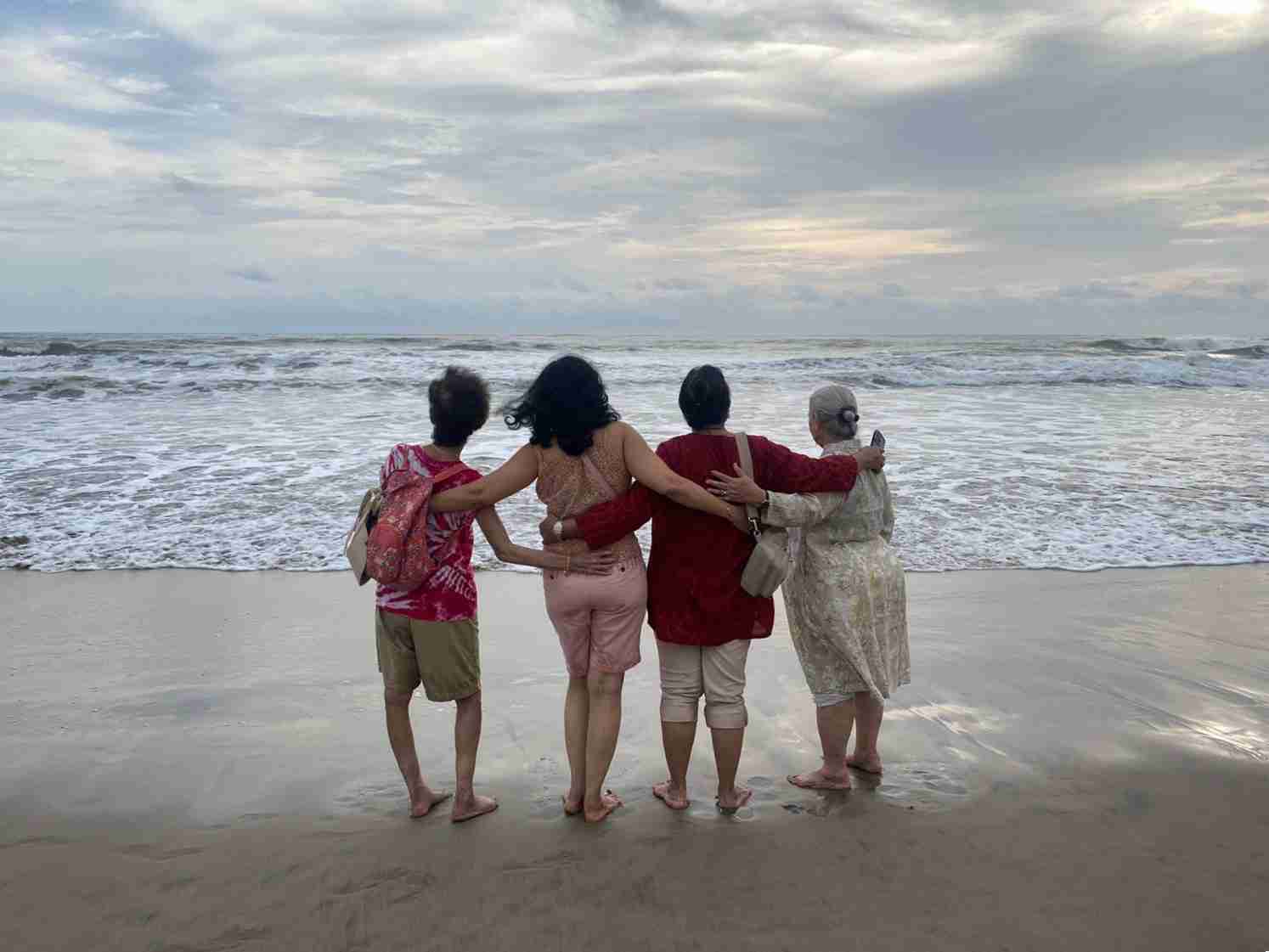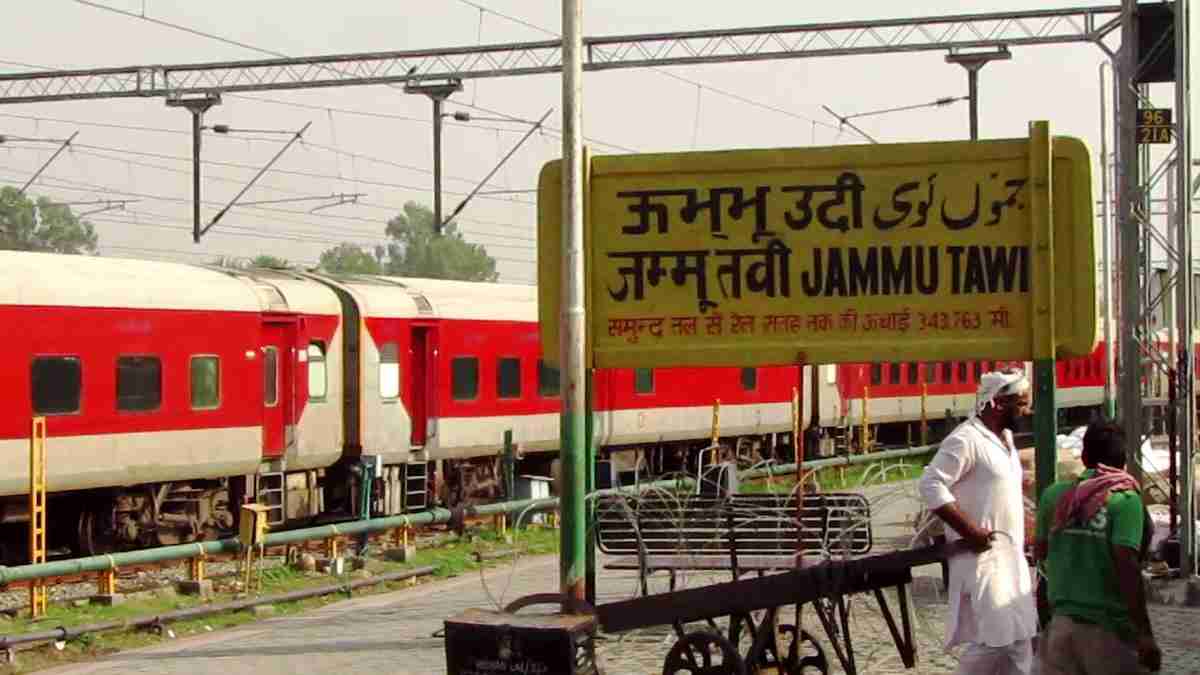How The Maintenance and Welfare of Parents and Senior Citizens Act Can Help Prevent Elder Abuse
Senior advocate Shiv Kumar tells us how the Maintenance and Welfare of Parents and Senior Citizens Act 2007 can help us prevent elder abuse and safeguard elder’s rights.
Despite age old traditions that equate parents with god and revere mythological figures like Shravan Kumar who carried his aged parents in a basket on his shoulders for a pilgrimage, elder abuse remains a sad reality in India today. Worse still, cases of abuse are seldom reported. Thirty-one percent of the elderly themselves consider abuse a family matter and do not report family members who abuse them. Twenty-three percent do not report elder abuse for “fear of retaliation,” according to a Helpage India Elder Abuse survey conducted in 2014.
However, did you know there is a law to safeguard the rights of elders in India? The Maintenance and Welfare of Parents and Senior Citizens Act 2007 was put in place to prevent elder abuse by making it a legal obligation for children to provide maintenance to their parents. Here’s a short interview with senior advocate Shiv Kumar, who has been working in the area of elder empowerment, on how this law can help prevent elder abuse.
Shiv Kumar is a Senior Advocate with a 40 year old practice at the Karnataka High Court. He has been actively involved with the Elders Help Line run jointly by Nightingales Trust and Bangalore Police since its inception. He has established the Legal and Counselling Centre at the Helpline and a dispute resolution process in the form of mediation, which attempts conflict resolution through the alternative process of Mediation without recourse to courts. He is the author of a draft legislation exclusively for elders that was used as a base for the Maintenance Act. He is keen on educating and empowering senior citizens about their rights under the law.
1. How would you define elder abuse to a layperson?
Elder abuse has not been specifically defined in any statute. However, conceptually elder abuse would refer to any act or deed or conduct that tends to adversely impact or lower the dignity of life of an elder and/or subjects an elder to pain, suffering (both emotional or physical), deprivation, etc., and compels the elder to adhere to a code of conduct or behavior, which deprives the elder of the right to make a free and independent choice. In essence, therefore, elder abuse represents a willful denial of an elder’s right to lead a life of dignity without being relegated to an animal existence and inclusion in mainstream society. Such rights have received universal recognition, including in the covenant of UN, the Constitution of India and several judicial pronouncements of the Supreme Court of India. Resultantly, whether or not “abuse” is specifically defined, every act which tends to demean the name or life of an elder or results in deprivation of his/her property or tends to create fear or apprehension in the mind of an elder could be classified as abuse. Disrespect, abandonment, deprivation of essentials of life, threat to life and property are only manifestations of abuse.
2. While there is more awareness about elder abuse now, we are still coming across cases on a regular basis of elders being beaten up or neglected. What are your thoughts on this?
Sadly, there has been a significant increase in cases and instances of elder abuse. However, it is also true that awareness of the means of redressal under statute and of those offered by several NGOs has increased. Physical abuse is relatively lower in occurrence than emotional, psychological or financial abuse, but neglect/abandonment of elders remains a major form of abuse. Notwithstanding greater awareness of rights and relief mechanisms (both statutory and otherwise) the reluctance of elders to seek help or enforce rights remains. Fundamentally, this reluctance stems from a fear/apprehension of a higher degree of abuse after help is sought by an elder. This fear is often justified and more pronounced in cases where the perpetrator and victim reside in the same house and, by circumstances, are compelled to continue to live/reside together, even after seeking redress.
3. How can awareness about the Maintenance and Welfare of Parents and Senior Citizens (MWPS) Act, 2007, help curb cases of elder abuse?
Proactive measures like MWPS afford statutory recognition to some of the basic human rights like food, clothing, shelter, medical care, recreation etc. Codification of such rights and providing a mechanism for enforcement has resulted in a sense of entitlement amongst elders. Rights conferred by law and specifically under the MWPS Act have encouraged elders to seek relief in courts/tribunals or assistance of helplines to protect their statutory rights. The trend to seek relief from abuse and injustice has been encouraging. However, the difficulty in enforcing rights particularly against abuse is that most cases of abuse occur within the confines of a home and, therefore, are difficult to establish by cogent/acceptable evidence in any judicial forum. Moreover, rarely are such instances willingly brought into public domain. However, for an elder who has decided to seek legal remedies on account of intense or severe abuse, an increased awareness of remedial measures provided under the Act has acted as an incentive and provided a sense of reassurance.
4. If you were to highlight 5 key points of the Maintenance act what would those be?
Five key points of the MWPS Act would be:
a) Establishment of Maintenance Tribunals to ensure payment of maintenance for sustenance of elders by children, including daughters, and providing for imprisonment in case of default in payment.
b) Obligating the State to notify schemes to protect the life and property of senior citizens.
c) Casting an obligation on the State to notify schemes for enhancement of the quality of life of senior citizens, including proactive measures for recreation, health care, provision of food and other welfare measures and creating easy access to legal redress.
d) Providing for cancellation of instruments of transfer of immovable property in cases where children fail to look after or provide for their parents.
e) Establishment of old age homes and prescribing minimum standards for such homes.
A draft bill with substantial amendments to the act is pending consideration. Click here to read the amendments.
5. What are most instances of elderly abuse about? Physical violence? Emotional torture? Financial negligence?
In most cases elder abuse comprises mental abuse, neglect, deprivation and financial exploitation. Physical violence is comparatively less for the obvious reason that any physical harm or injury to a senior citizen would not only constitute a criminal offence under the Indian Penal Code but more important would be capable of being proved through medical examination.
6. If an abused senior decides to file a complaint against her/his abuser, what are the steps she/he needs to take and follow?
In cases of abuse to elders, two remedies are available:
a) To file a complaint of physical abuse or threat to life at the jurisdictional police station and demand that an FIR be registered, in which event the regular course of law would be set in motion.
b) To approach helplines, if they are available, and seek intervention.
Comments

J Srinivasan
02 Dec, 2023
Very useful informations

Anonoymous
16 Jun, 2020
[…] of what they are required to do in order to report abuse that they face. Just being aware of The Maintenance and Welfare of Parents and Senior Citizens Act, 2007 is not enough. Here are some steps that a senior citizen can follow to report abuse in any […]

Anonoymous
19 Jun, 2019
[…] of what they are required to do in order to report abuse that they face. Just being aware of The Maintenance and Welfare of Parents and Senior Citizens Act, 2007 is not enough. Here’s an easy manual from Silver Talkies that older adults can follow to report […]

Anonoymous
16 Jun, 2019
[…] also need to know their rights and know the law. You need to know your rights. The Maintenance and Welfare of Parents and Senior Citizens Act 2007 needs […]

Mrs Dominic
15 Mar, 2019
Thank you so much for the services I personally know so many who are suffering silently because of ignorance and some because they don't want to do anything against their children even when they get tortured.if they file a case it is again Timr consuming and these old people can't run behind it.so if they give a petition for eviction or be anything so n if the property belongs to them immediate action should be taken.considering their age situations sickness etc And children should be punished with imprisonment along with spouse.l

Maintenance And Welfare Of Parents &Amp; Senior Citizens (Amendment) Act, 2018 - Silver Talkies
13 Jul, 2018
[…] Click here to read How The MAWPSA Can Help Prevent Elder Abuse […]
You may like to read:







Post a comment